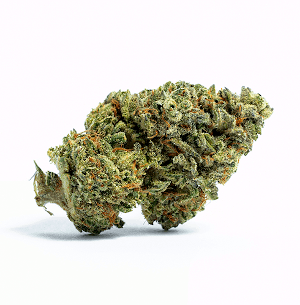Cannabis, or marijuana, is a psychoactive drug that can have both positive and negative effects on an athlete’s performance in sports. While it may be used for various reasons, including for medical purposes, its use is prohibited in most sports organizations due to its potential for abuse and performance-enhancing effects.
The active ingredient in cannabis, delta-9-tetrahydrocannabinol (THC), can cause a variety of effects on the body, including altered perception, mood, and cognitive function. While some athletes may believe that cannabis can improve their performance, there is little evidence to support this claim. In fact, studies have shown that cannabis use can impair several key aspects of athletic performance, including reaction time, hand-eye coordination, and decision-making abilities.
One study conducted by researchers at the University of Sydney found that cannabis use led to slower reaction times and decreased performance on tasks that required concentration and attention. This can be particularly detrimental for athletes who need to make quick decisions and react to changing situations on the field or court.
Another study published in the Journal of Sports Medicine and Physical Fitness found that cannabis use was associated with reduced muscle strength and endurance, which can impact an athlete’s ability to perform at their best. Cannabis use can also cause increased heart rate and decreased blood pressure, which can lead to dizziness, lightheadedness, and other symptoms that can interfere with athletic performance.
Despite these potential negative effects, some athletes may still choose to use cannabis for a variety of reasons. For example, some athletes may use it to help with pain management, anxiety, or to improve sleep quality. However, it’s important to note that there are other, more effective treatments available for these conditions that don’t carry the risks associated with cannabis use.
In addition to its potential negative effects on performance, cannabis use can also have legal and ethical implications for athletes. Most sports organizations, including the World Anti-Doping Agency (WADA) and the International Olympic Committee (IOC), prohibit the use of cannabis and conduct regular drug testing to ensure compliance. Athletes who test positive for cannabis can face a variety of penalties, including suspension, loss of medals or titles, and even legal consequences in some cases.
Overall, while some athletes may believe that cannabis can improve their performance or help with various health conditions, the evidence suggests that its use can actually impair athletic performance and carry a variety of risks and consequences. Athletes who are considering using cannabis should speak with their healthcare provider to discuss alternative treatments and the potential risks and benefits of cannabis use in their specific situation.



